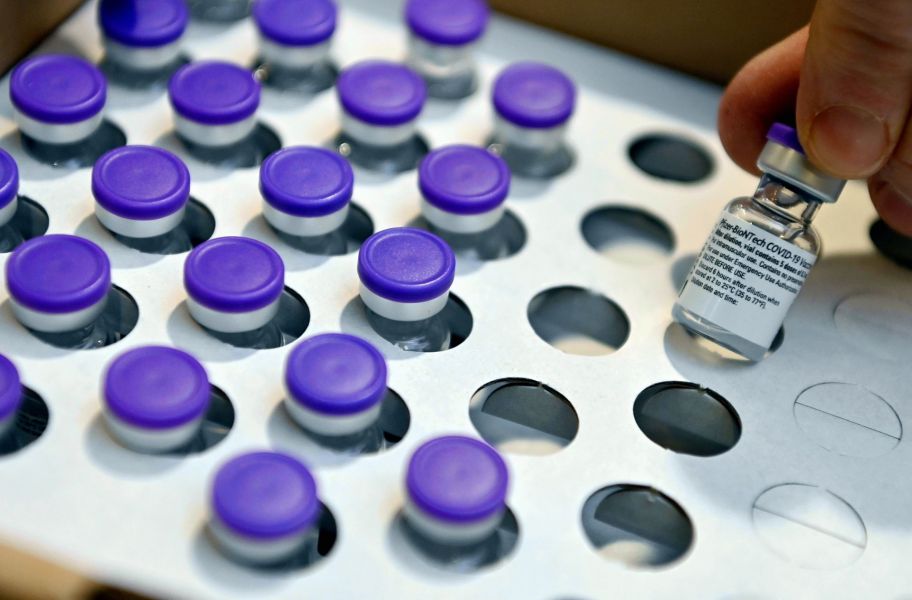Travellers returning to Belgium appear to be bringing back a little more than novelty umbrellas, tiny shampoo bottles, and sand (so much sand) - as the number of those infected with coronavirus upon return is exceeding the number among those leaving.
This, according to Inge Neven, the head of the Brussels Health Inspectorate, means that the virus is being brought back from abroad, whilst also simultaneously circulating in Belgium.
This is particularly true in Brussels, which is the region with the highest number of people returning from abroad, according to Neven.
Some important facts to go alongside this, however:
- The majority of people are following the rules when they return by getting tested and quarantining if they need to.
- Numbers are still rising within the country too.
But travellers are not the only group that stands out, with most recent infections detected among 20-29 year-olds, followed by 30-39 year-olds, and then 10-19 year-olds.
Young travellers? Partially, but also just young people (up to 39) in general.
The solution? Ensure you are fully vaccinated, respect the basic measures whilst on holiday (masks, social distance, hand hygiene), and avoid red zones, even though the absolute number of travellers returning from red zones has almost tripled compared to the beginning of July.
Leaving for a red zone? Any experience? Let @johnstonjules know.
BUT WAIT, one last thing: Want news from The Brussels Times in your inbox every morning? Sign up for The Recap, a free daily newsletter containing all the stories you need to know from the day before. It goes great with your morning coffee.
Belgium in Brief is a free daily roundup of the top stories to get you through your lunch break conversations. To receive it straight to your inbox every day, sign up below:
1. Railroad tracks near Hasselt plagued by invasive snakes
A stretch of train tracks in Flanders has been overrun by a type of snake called the Chinese beauty snake after the animals are believed to have escaped from a pet store in the area. Read more.
2. ‘Final sprint to the finish’: Flemish vaccination campaign coming to an end
With more than 9 in 10 adults in Flanders have been vaccinated against the coronavirus at least once, the region’s vaccination campaign is now in its “final sprint to the finish,” according to the Care and Health Agency. Read more.
3. 48-hour rail strike in Germany: Border crossings hit
A 48-hour strike on the German railways has left traffic severely disrupted across the country, as officials urge postponing any non-urgent travel. Read more.
4. Wednesday highs of 24°C and a warmer week ahead
After an abnormally wet start to the month, Wednesday sees a return to better weather with temperatures rising between 19 and 24°C and remaining mostly dry throughout the week. Read More.
5. Young people and travellers causing rise in Brussels’ infections
The number of coronavirus infections in the Brussels-Capital Region is rising, especially among young people and returning travellers, according to Inge Neven, head of the Brussels Health Inspectorate. Read More.
6. Coronavirus: Nearly 50 hospital admissions per day
Between August 4 and 10, there were 47.4 hospital admissions on average per day of patients suffering from Covid-19, an increase of 22 percent compared to the previous reporting period, according to the Sciensano Public Health Institute on Wednesday. Read more.
7. Flanders to ban shock collars for pets
Flanders is planning to ban the sale and use of shock collars for pets by 2027, according to Flemish Animal Minister Ben Weyts. Read more.


